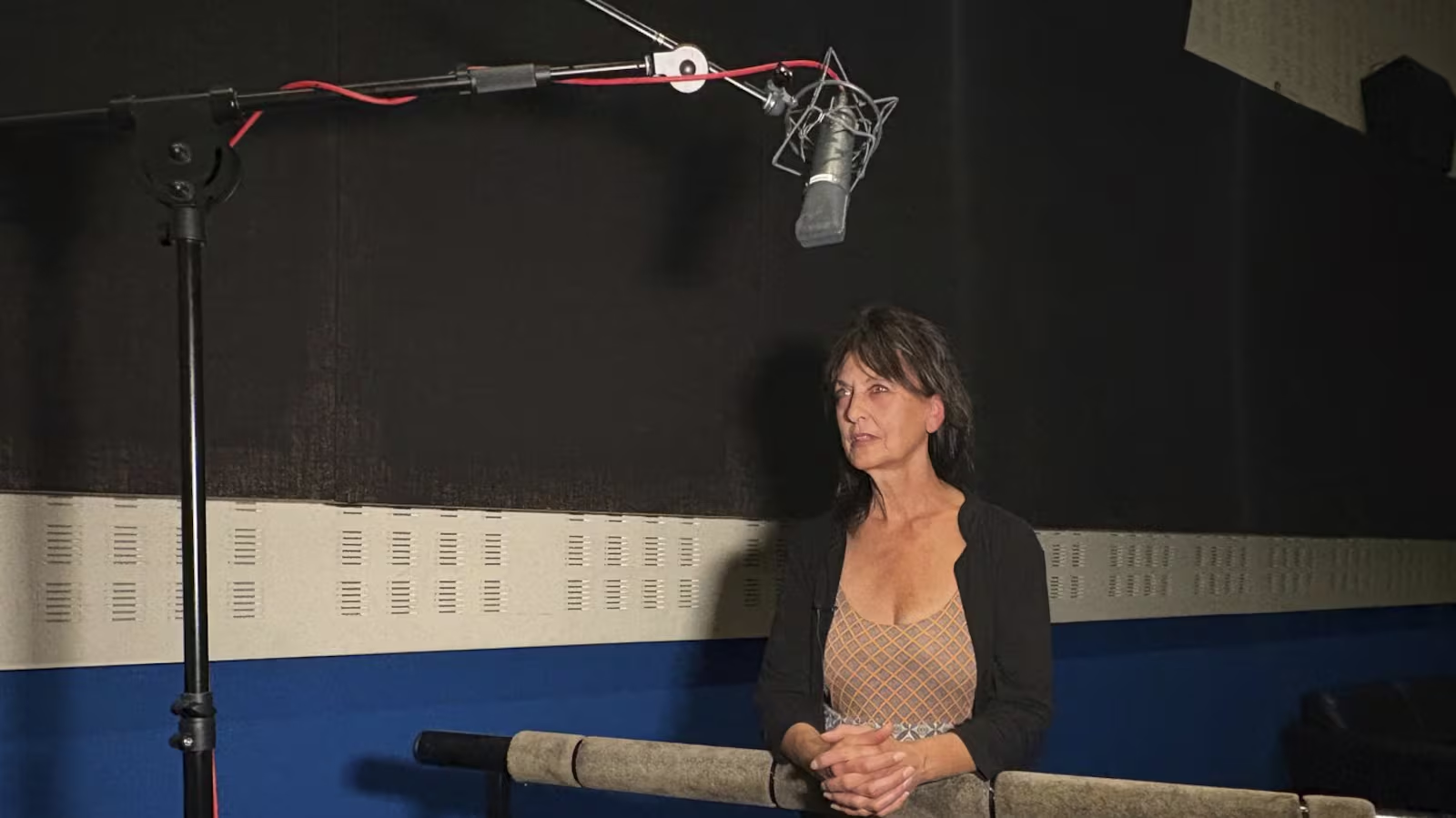PARIS — A “Tomb Raider” video game update has set off a firestorm over the use of artificial intelligence, after fans and longtime voice actor Françoise Cadol discovered her iconic portrayal of Lara Croft had apparently been replaced with an AI clone.
When the August update of Tomb Raider IV–VI Remastered went live, French players quickly noticed something was off. Croft’s voice — usually delivered with Cadol’s trademark warmth and edge — sounded robotic, flat, and in some moments even ungrammatical.
“It’s pathetic,” Cadol said in an interview, accusing developer Aspyr of unlawfully cloning her voice. “My voice belongs to me. You have no right to do that.”
Fans were equally appalled. “It’s absolutely scandalous,” said French gamer Romain Bos, who has played the series since childhood.
Developer admits “unauthorized AI” was used
Aspyr, the Austin, Texas–based studio, later acknowledged in a website post that “unauthorized AI generated content” had been included in the update. The company removed the material and apologized, but the damage was done.
Cadol, who voiced Croft from 1996 to 2008, is now seeking legal redress. She said her fans, whom she calls her “guardians,” were the first to alert her, flooding her phone with messages within minutes of the update’s release.
One of the most glaring AI-produced lines instructed players: “Place toi devant et appuyez sur avancer” — a clumsy, grammatically incorrect phrase that mixed formal and informal French.
“It’s half Françoise Cadol, half AI. It’s horrible,” Bos said in a YouTube video, lamenting the loss of Cadol’s trademark sarcasm and personality.
A wider warning for workers
The controversy has reverberated beyond gaming. Voice actors’ unions say it is a wake-up call about AI’s growing ability to automate creative jobs.
“If we can replace actors, we’ll be able to replace accountants, and a whole range of other professions,” said Patrick Kuban, co-president of United Voice Artists, an international federation of voiceover artists. “The question is how far should we go, and how do we regulate these machines?”
The issue has already fueled strikes in Hollywood, where performers pushed for contracts that set boundaries on AI use. Similar alarms are being raised worldwide as deepfake audio apps and AI voice clones proliferate across borders.
For Cadol and her supporters, the battle is about more than protecting a single character. “Now is the time to set boundaries,” Bos said. “So that future generations also have the chance to experience talented actors.”

